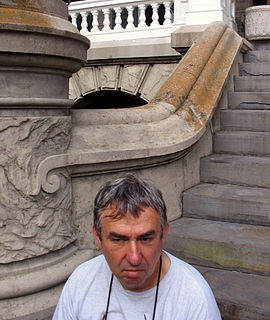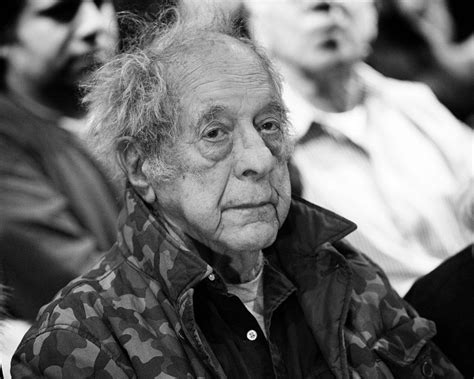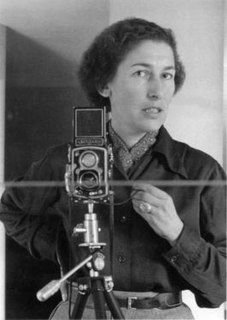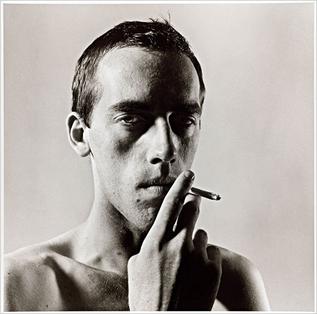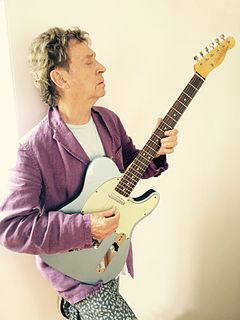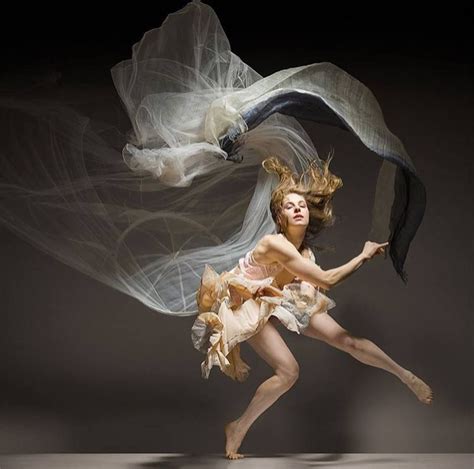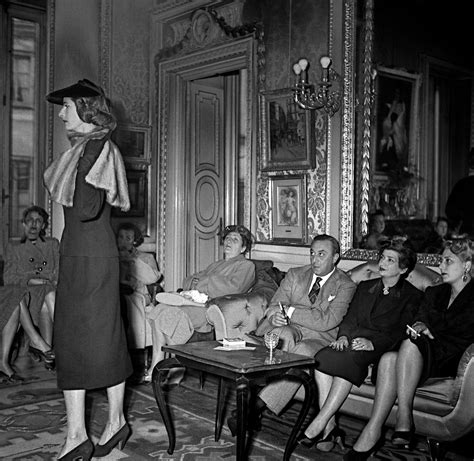A Quote by Garry Winogrand
If I photograph you I don't have you, I have a photograph of you. It's got its own thing. That's really what photography, still photography, is about.
Quote Topics
Related Quotes
Press information is serious information, but press information is also manipulated by people who want you to think that this and that happened. So it's the old thing that you still cannot trust photography at all or you have to know who is distributing the photograph. In terms of cell phone photography, I think nobody cares about a photograph anymore because they're taking so many pictures just for fun.
One of the magical things about photography is the transformation that takes place when you photograph something. Something that inherently has very little going for it in terms of the interest you take in it, can become infinitely more interesting when rendered as a photograph. It's no longer a building. It's a photograph.
Look at the things around you, the immediate world around you. If you are alive, it will mean something to you, and if you care enough about photography, and if you know how to use it, you will want to photograph that meaningness. If you let other people's vision get between the world and your own, you will achieve that extremely common and worthless thing, a pictorial photograph.
The way in which the photograph records experience is also different from the way of language. Language makes sense only when it is presented as a sequence of propositions. Meaning is distorted when a word or sentence is, as we say, taken out of context; when a reader or listener is deprived of what was said before, and after. But there is no such thing as a photograph taken out of context, for a photograph does not require one. In fact, the point of photography is to isolate images from context, so as to make them visible in a different way.
Photography - the supreme form of travel, of tourism - is the principal modern means for enlarging the world. As a branch of art, photography's enterprise of world enlargement tends to specialize in the subjects felt to be challenging, transgressive. A photograph may be telling us: this too exists. And that. And that. (And it is all 'human.') But what are we to do with this knowledge - if indeed it is knowledge, about, say, the self, about abnormality, about ostracized or clandestine worlds?
The Winter Photograph was my Ariadne, not because it would help me discover a secret thing (monster or treasure), but because it would tell me what constituted that thread which drew me toward Photography. I had understood that henceforth I must interrogate the evidence of Photography, not from the viewpoint of pleasure, but in relation to what we romantically call love and death.


